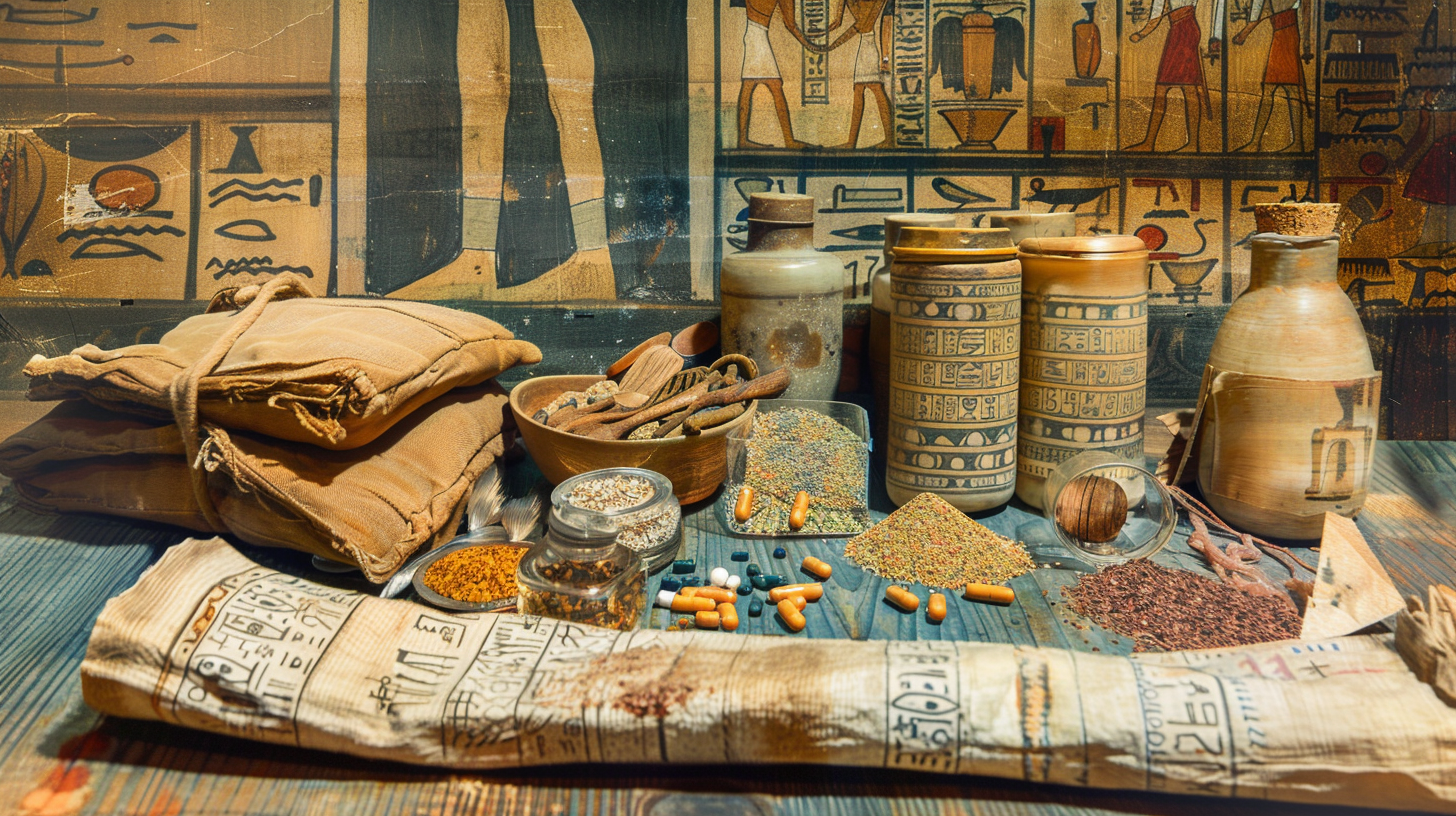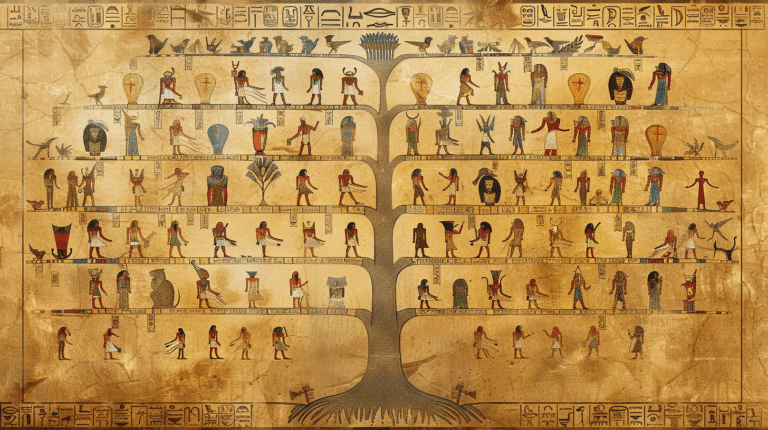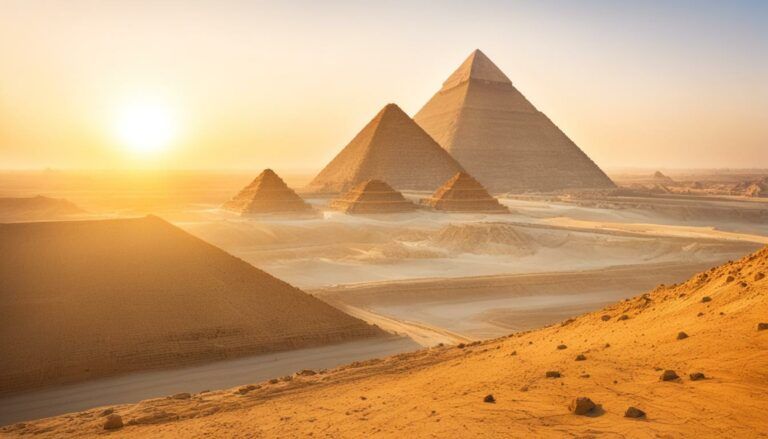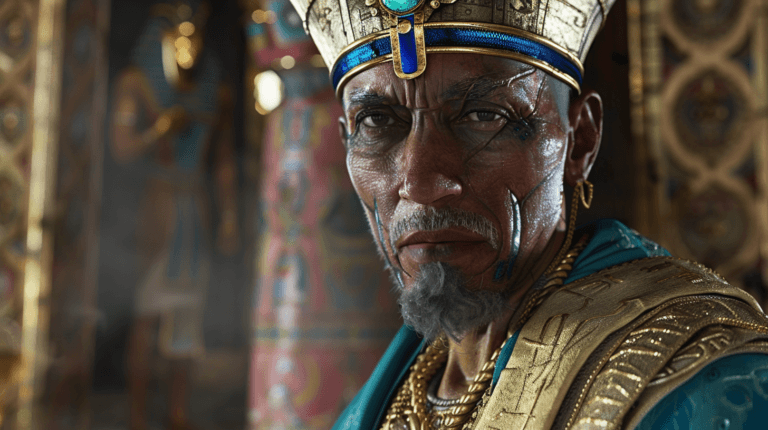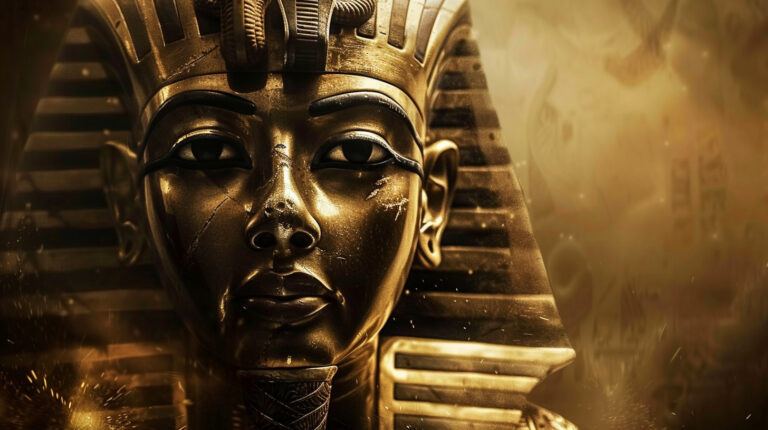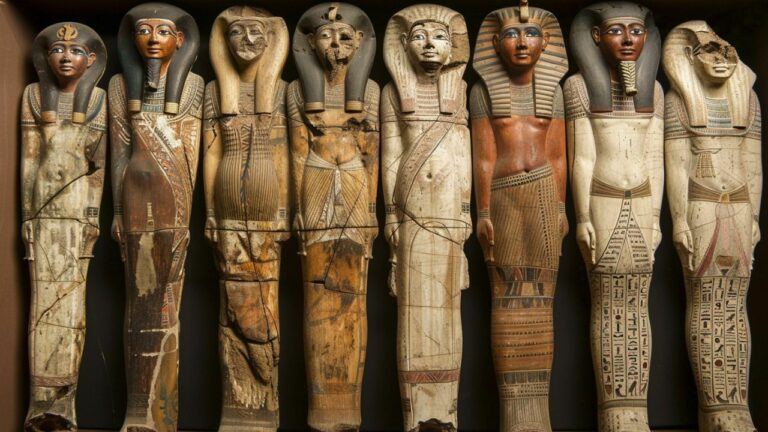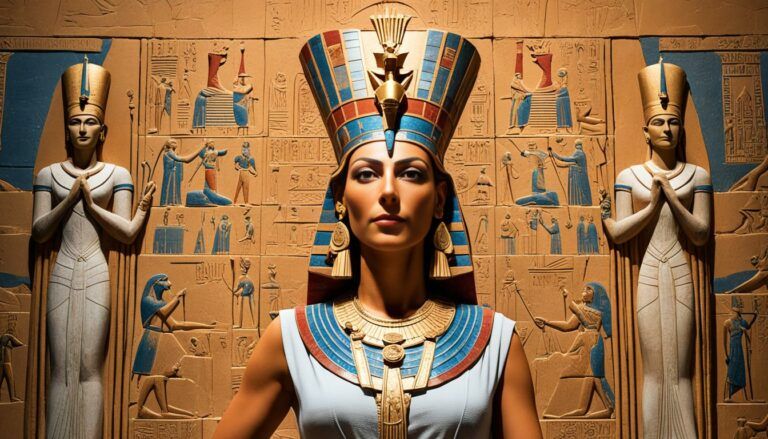What Was the Health and Medicine in Ancient Egypt?
Ancient Egypt is often associated with its majestic pyramids and the Nile River, but there’s a fascinating aspect of this civilization that blows my mind every time I think about it: their approach to health and medicine. These folks were way ahead of their time; they had an intricate understanding of the human body and the natural world. I’ve learned that they combined herbal remedies with spiritual beliefs and practical knowledge to create a system that worked surprisingly well for them. Let’s get into more about ‘What Was the Health and Medicine in Ancient Egypt?’

I came across information that suggests the ancient Egyptians were among the first to have specialized medical professionals. Can you imagine that thousands of years ago, there were actual dentists, midwives, and even veterinarians in Egypt? It’s pretty cool to think that someone like me might have been discussing health issues with a practitioner who had scrolls full of medical texts. The thing that sticks with me the most is their idea that health was tied to the supernatural, with both medicine and magic playing roles in healing.
Their perspective on medicine wasn’t just limited to treating illnesses, either. They valued prevention and hygiene, which is impressive considering the time period we’re talking about. They had techniques for surgery and understood that cleanliness was crucial to preventing infection. Even their mummification process shows just how deep their knowledge of the human body went. It’s wild to realize how sophisticated their system was, and part of me wonders how many of their practices would still hold up today.
Foundations of Egyptian Medicine

When I dive into the world of ancient Egyptian health and medicine, I’m always impressed by the sophistication of their medical knowledge. They had an organized approach to medicine, with meticulous documentation and a defined role for physicians.
Medical Papyri and Documentation
Ancient Egyptians were quite the scribes, and they left behind some fascinating medical documents. The Ebers Papyrus is an incredible example—it’s one of the most comprehensive medical papyri they created. This document is like a peek into the past, showcasing their understanding of ailments and remedies.
Packed with over 800 prescriptions and countless treatments, it’s a medical treasure trove that illustrates just how advanced their medical practices were. Then there’s the Edwin Smith Papyrus, which is more surgical in nature. It details trauma treatments and includes observations that surgery in Egypt wasn’t just about trial and error; it was calculated and methodical.
Physicians and Their Roles
Now, let’s chat about the physicians—these folks were held in high regard in ancient Egyptian society. They weren’t just healers; they were well-respected members of the community. Physicians in ancient Egypt could be either men or women, which is pretty progressive for the time. They specialized in different fields, almost like modern-day medicine.
Some focused on the eyes, others on the head, and some even dealt with dental issues! They held both practical and magical roles, often invoking protection from deities like Thoth or Sekhmet in their treatments. The role of physicians was integral to the health system, solidifying the significance of good health and medical care in ancient Egyptian culture.
Medical Practices and Treatments

When I think about how medicine was practiced in ancient Egypt, it’s intriguing to see a blend of what we’d call medical techniques and a deep connection to the mystical. There’s so much to unpack, especially how they managed surgical procedures, whipped up medicines, and interwove magical beliefs tightly with their healing practices. So, let me walk you through some of the specifics that caught my eye.
Surgical Procedures and Instruments
I’ve read that ancient Egyptian doctors were pretty skilled with their hands. They carried out various surgical procedures, and you might be surprised that they had a decent range of instruments at their disposal — like knives, hooks, and drills. Imagine this: metal tools and intricate methods in an era so ancient! Surgical cases weren’t just about cuts and broken bones; they even dealt with more complicated stuff like treating abscesses and removing cysts.
Pharmaceutical Methods and Remedies
Moving on to remedies, Egyptians had a formidable pharmacy way back then. We’re talking about herbal remedies and concoctions made from plant extracts, minerals, and even animal products. The Ebers Papyrus, a medical document from around 1550 BCE, lists a multitude of treatments for all sorts of illnesses and diseases — it reads like an ancient physician’s handbook. I’ve learned quite a bit about their use of honey for its antiseptic properties and how they recognized the healing potential in plants like aloe and garlic.
Magic and Religion in Healing
Here’s where things get really interesting. Magic wasn’t some sideshow in ancient Egyptian medicine; it was front and center. Incantations, spells, and amulets were standard issue alongside physical treatments. It goes to show how health was as much about the spiritual as the physical for them. Priests doubled as physicians, and it wasn’t out of place to invoke deities in pursuit of healing. To an Egyptian, chanting a spell by a sickbed or wearing an amulet to ward off illness made as much sense as drinking a herbal tonic.
And that’s the kind of coffee-table talk I’d have about a chapter from ancient Egyptian healthcare — rich in detail and steeped in a world where the seen and the unseen were treated with equal reverence.
Healthcare and Disease Management

When I explore what health and medicine were like in ancient Egypt, I find it fascinating that they tackled healthcare with a mix of practical treatments and mysticism. Their approach to managing diseases was intertwined with their belief in the supernatural, yet they also exhibited an impressive understanding of the human body.
Common Diseases and Ailments
In my readings, I came across the fact that the ancient Egyptians experienced a range of diseases, just like we do today. For instance, they dealt with dental problems due to their grain-heavy diet, which led to tooth abrasion from the sand left in the grain after grinding. They knew about gynecological issues too, and some of the treatments recorded in the Ebers Papyrus link back to methods they tried out. Heart conditions were also on their radar; they had a concept of ‘channels’ that probably related to blood vessels and the health of the heart.
Diseases such as diabetes and cancer were not clearly described in their texts, but some symptoms that were chronic or fatal might’ve been their way of understanding these ailments. Regarding mental illness, ancient Egyptians seem to have recognized it and treated it with a mix of therapy in the form of music, dance, and incantations. They had a holistic view, seeing health as a balance between physical and supernatural elements.
Dietary and Hygiene Practices
You wouldn’t think it, but the ancient Egyptians were pretty keen on hygiene. It was both a practical health approach and a religious practice. They took regular baths and used natron (a kind of natural salt) for cleaning, which probably helped keep away infections.
Their diet also contributed to their overall health management. I’ve found that they consumed a lot of bread and beer but also complemented it with onions, garlic, and other vegetables that may have had health benefits we’re just discovering today. They understood the importance of a balanced diet, without even knowing about all the vitamins and minerals like we do now.
In their healthcare and disease management, the ancient Egyptians blended the physical and the spiritual, and their practices continue to amaze us even now. They were pioneers in many ways and set the foundation for some of the medical practices we recognize today.
Legacy and Influence

Let me take you back to ancient Egypt for a moment. You know, their healthcare was something pretty special, so much so that it left a mark on how we view medicine today. They were real pioneers.
Contributions to Modern Medicine
Have you ever wondered where some of our medical practices come from? I mean, think about sutures – those stitches that close up a cut? Ancient Egyptians were way ahead of their time, already using them. If you’re curious, take a look at the comprehensive overview of Egyptian healthcare techniques that are still in use over on Archaeology Magazine.
And then there’s Imhotep. The dude wasn’t just a builder; he was a legendary physician, too. Some say he was the real father of medicine, way before Hippocrates. Imhotep’s approach to diagnosis and healing truly showed the essence of Egyptian medical knowledge.
Cross-cultural Exchange With Greeks and Beyond
Now, it’s pretty amazing to think about the cross-cultural mingling of medical knowledge back then. You’ve got the Greeks, like Herodotus, who admired Egyptian medical know-how. The man even called Egypt the “gift of the Nile” because of its richness in knowledge and culture.
But it didn’t stop with Greek admiration. After Alexander the Great founded Alexandria, this place became a melting pot – a hub that blended Egyptian practices with Greek concepts. Alexandria’s famous library and its extensive collection of works played a crucial role in preserving and advancing medical knowledge.
What Was the Health and Medicine in Ancient Egypt?
So, pretty cool, right? Ancient Egypt wasn’t just pyramids and pharaohs; it was a civilization that deeply influenced medicine as we know it.

